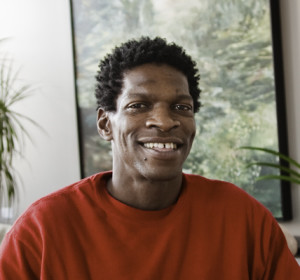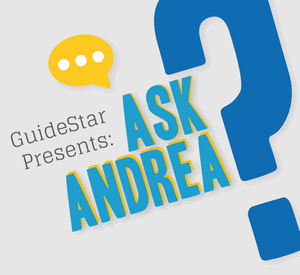Yesterday, my friend Clemetin wound up back in prison.
He didn’t end up there because he’s dangerous or has done anything particularly bad. He was put there because he hasn’t shown up for court-mandated appointments.
Several months ago, rather than putting Clemetin in prison, a judge assigned him three years of probation during which he has to show up regularly to meet with a probation officer.
But that has proven to be too much for Clemetin.
 He showed up at the probation office for his appointments in the beginning. He sat and waited, and then waited some more. He hated sitting there waiting in a room full of people — mostly poor black men. And when he saw the probation officer, he felt disrespected and dejected.
He showed up at the probation office for his appointments in the beginning. He sat and waited, and then waited some more. He hated sitting there waiting in a room full of people — mostly poor black men. And when he saw the probation officer, he felt disrespected and dejected.
The process made him feel so bad that he chose to skip his next appointment. And the next.
Essential Qualities of a Good Person
Even though Clemetin missed a handful of appointments, he makes an ongoing effort to be a good and responsible person.
- He pays his rent on time.
- He takes care of his girlfriend, who relies on him for most everything.
- He works for our neighbor when she needs him.
- He helps the older women in his apartment complex carry their groceries up stairs.
- He remembers to call me every few days to let me know how he’s doing.
- He works out at the park across from where he lives.
- He stays in close contact with his sister, who has breast cancer.
While the official, judicial picture of Clemetin’s life may not look like yours or mine, the substance of his day to day life is, in many ways, the same.
He takes care of business. He helps people. He loves his family. He likes being useful.
He just can’t get himself to show up consistently for his probation appointments. He can’t convince himself that the rules of society apply to him when those same rules make him feel so powerless and disrespected.
Clemetin told me, “I don’t feel that I’m a really a part of society. I’m sort of off to the side.” And really, that’s the way he’s lived much of his life… in prison, literally shunted off to the side.
Our Need for Others to Believe in Us
Recently, Clemetin took a hard look at his life and asked me:
Andrea, do you think I can do better?
I responded honestly.
“Yes, Clemetin, I have no doubt that you can do better. You’re smart and thoughtful. You have great insights. You just haven’t decided to fit in yet. But when you do, your life will get better, or at least less stressful.”
To which he replied, “That’s why I love you, Andrea. You are one of the only people who has ever believed in me.”
Clemetin’s internal struggles, while extreme, are no different than internal battles each of us fight every day.
In one way or another, you and I want to know whether we can do better. We wonder if we can get past the persistent patterns that hold us back.
You and I also want to know that people believe in us and have confidence in our potential. Because somehow, if other people believe in us, perhaps we really can change.
I know that these struggles are as lively in me today as they were when I was young. And as I struggle to do better — to overcome my unproductive patterns — I find it tremendously helpful to know that other people still believe in me.
And that’s exactly the way Clemetin feels.
Acknowledge the People Who Support You
Talking to Clemetin makes me appreciate the people who believe in me.
Who are the people in your life who firmly believe in you? Who are the people who forgive you when you’re not at your best? Who are the people who encourage you even when you make mistakes?
Think about the difference those people make in your life. And then, let them know how much their support means to you.
How has the support of other people made a difference in your life? Please share your stories in the comments below.

Speak Your Mind